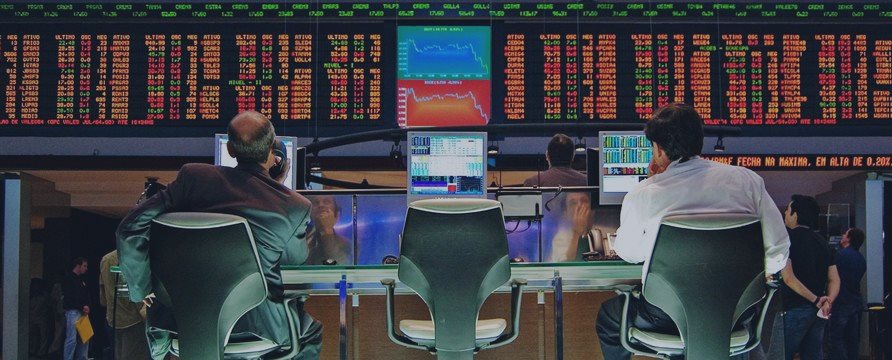
Emerging-market stocks rise ahead of ECB, Russian currency weakens
Emerging-market stocks climbed for a third day
as China provided funds to help liquidity in the market and investors
speculated that the European Central Bank will expand stimulus.
Russia’s ruble descended for a third day.
The developing-nation gauge has gained 2.2 percent this year and trades at 11.5 times projected 12-month earnings, data compiled by Bloomberg show. The MSCI World Index has fallen 0.9 percent and is valued at a multiple of 15.6.
Bank of China Ltd. climbed to a one-week high to lead
advances in Hong Kong-traded mainland shares. Bank of China and PetroChina Co. rose at least 1.4 percent, says Bloomberg.
Russia’s Micex
Index headed for a 2011 high, paced by gains in OAO Lukoil.
Thai
stocks climbed 1.1 percent and PT Gudang Garam spurred
Indonesian equities to a record high. Malaysia’s ringgit climbed
for the first time in five days versus the dollar, while the
ruble and South Africa’s rand lost 0.3 percent.
India’s S&P BSE Sensex (SENSEX) rose 0.2 percent, its sixth day of gains. Hyundai Motor Co. slid 2 percent in Seoul after profits at South Korea’s largest carmaker trailed estimates.
The MSCI Emerging Markets Index added 0.2 percent to 977.66 at 8:40 a.m in London. ECB President Mario Draghi proposes spending 50 billion euros ($58 billion) a month through December 2016, two euro-area central-bank officials said before a meeting today.
China's central bank said late Wednesday that it had rolled over a 269.50 billion yuan ($44 billion) medium-term lending facility for banks and provided an additional 50 billion yuan in loans to commercial and rural lenders in a 7-day offering with the rate set at 3.85%, from 4.1% previously.
Interbank money rates rose earlier this week as liquidity remained tight
after tax payments and on concerns of more capital outflows. The
People's Bank of China has pledged to keep liquidity stable but adjust
as economic conditions require, says Investing.com.


